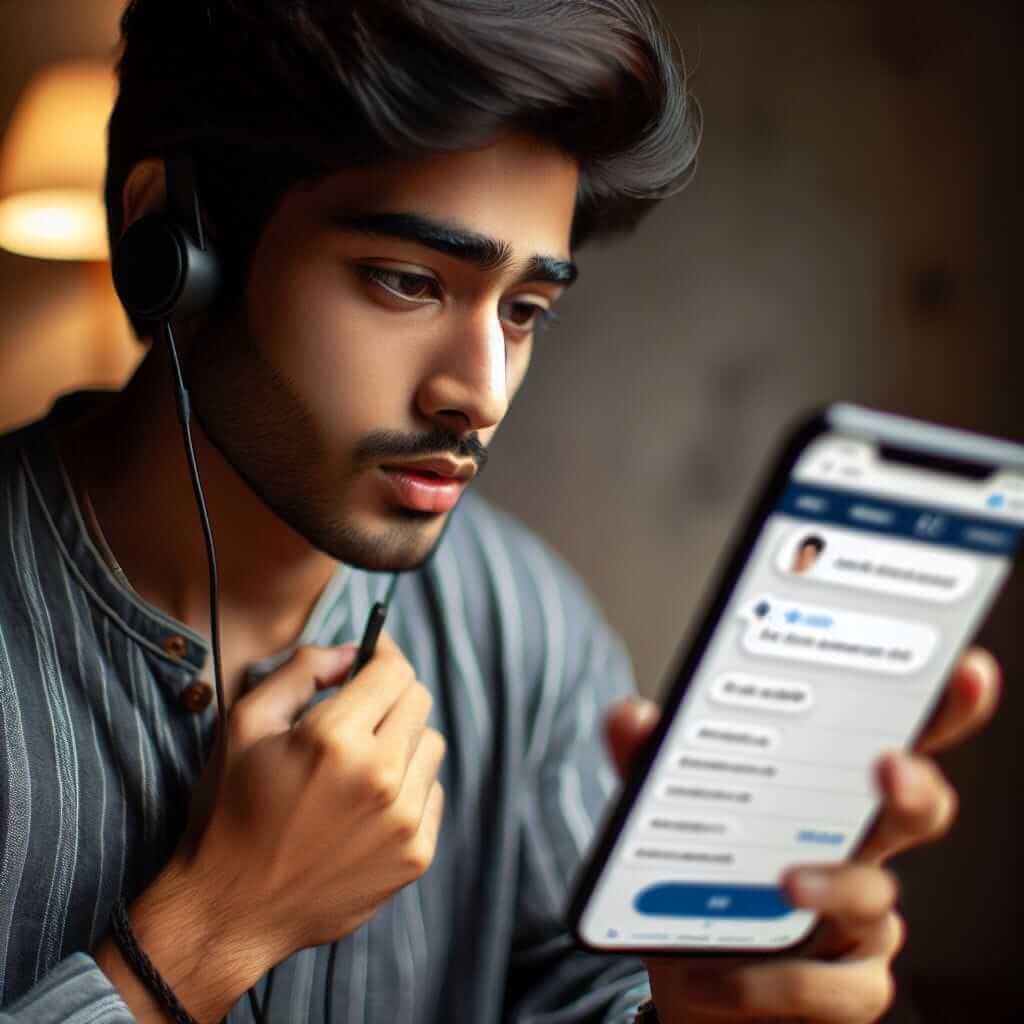The IELTS exam is a high-stakes test for many non-native English speakers. It requires intense focus and preparation to succeed. With the ubiquity of smartphones, tablets, and laptops, a common question arises: do portable devices distract students in IELTS? This article delves into this concern, examining its relevance to different sections of the IELTS and providing practical advice for test-takers.
The Impact of Portable Devices on IELTS Preparation and Performance
While portable devices offer numerous benefits for learning, their potential for distraction is undeniable. Let’s examine how these devices can impact different aspects of IELTS preparation and performance:
Distraction during Self-Study
- Constant Notifications: Social media alerts, emails, and messages can easily disrupt study flow, diverting attention from IELTS materials.
- Temptation to Multitask: Students may be tempted to switch between study apps and other engaging content, reducing focus and impacting information retention.
- Eye Strain and Fatigue: Extended screen time can lead to eye strain, headaches, and fatigue, hindering study stamina.
Distraction During the Test
- Strict Regulations: IELTS has stringent rules against using unauthorized electronic devices during the test. Possession of a phone or smartwatch can lead to disqualification, regardless of whether it was used.
- Mental Distraction: Even the presence of a phone in one’s bag can create mental distraction, leading to anxiety and impacting performance.
Strategies to Minimize Distractions
- Designated Study Zones: Create a dedicated study space free from portable devices. This physical separation helps establish a focused mindset.
- Utilize Productivity Tools: Several apps and software programs block distracting websites and apps for specific time periods, aiding in focused study sessions.
- Practice Exam Conditions: Take practice tests under strict exam conditions, keeping all electronic devices out of reach. This simulates the real test environment and helps manage potential anxiety.
 Student Distracted by Phone During IELTS Practice
Student Distracted by Phone During IELTS Practice
Examples from Real IELTS Scenarios
Imagine a student diligently practicing for the IELTS Speaking test using a language learning app on their phone. While the app itself is beneficial, a notification about a friend’s social media post pops up. The student, momentarily distracted, loses their train of thought and stumbles through their practice response. This scenario highlights the subtle yet impactful ways in which devices can disrupt preparation.
Tips for Test Day
- Leave Devices at Home: The simplest and most effective strategy is to leave all portable devices at home on test day.
- Familiarize Yourself with Regulations: Thoroughly understand the IELTS test day rules regarding electronic devices to avoid any unintentional violations.
Conclusion
While portable devices offer valuable tools for IELTS preparation, their potential for distraction is significant. By implementing the strategies outlined above, students can harness the benefits of technology while minimizing distractions, maximizing their chances of achieving their desired IELTS scores. Remember, focus and discipline are key ingredients for success in this challenging exam.


